President John Mahama has expressed his dismay over Ghana’s nearly $400 million annual chicken imports, calling it a source of national embarrassment. In his remarks, the President reiterated plans to support 54 entrepreneurs in producing four million birds, which would translate into about 10,000 metric tons of locally sourced chicken.
Speaking during the launch of the government’s Feed Ghana Programme in Techiman, Bono East Region, Mahama underscored his administration’s commitment to boosting the livestock sector. He highlighted initiatives aimed not only at curbing overdependence on imported poultry but also at expanding other livestock segments such as cattle, goats, and sheep by enhancing access to high-quality breeds.
The President detailed that the Feed Ghana Programme would target critical improvements across the agricultural value chain. Key measures include the development of agro production enclaves, the establishment of modern irrigation systems, road upgrades, reliable power supply, and warehousing facilities designed to attract private sector investment. These infrastructure enhancements, he noted, would significantly aid both production and processing of agricultural outputs.
During the event, President Mahama also distributed maize seeds, fertilizers, a Kia truck, and tractors to various institutions, including the Ghana Prisons Service and the National Service Authority, as part of the effort to drive the programme’s implementation. He urged unity and a collective effort from farmers, agribusinesses, financial institutions, and development partners to overcome existing challenges and pave the way for agricultural transformation in Ghana.
The Feed Ghana Programme is structured around several key interventions. Among these are the nationwide establishment of farmers’ service centres providing mechanization, quality inputs, financial backing, market access, primary processing, and training. Additionally, the creation of farm banks or land banks in irrigable areas is intended to empower young agri-entrepreneurs and boost national food production.
Further components include a focus on growing grains and legumes such as maize, rice, soya beans, and sorghum for domestic consumption, agro-processing, and export. Another pillar, the vegetable development project or “Yeredua,” aims to reduce dependence on vegetable imports by promoting local production. The initiative also emphasizes the importance of controlled environment farming through greenhouse technologies, urban and peri-urban agriculture, and even school-led backyard gardening projects.
To ensure broader food self-sufficiency, a dedicated initiative will promote institutional farming, helping households and communities to cultivate vegetables like tomatoes, peppers, and garden eggs. Support will also be extended to institutions like Senior High Schools to encourage engagement in both crop production and livestock farming. Finally, the programme will revitalize the poultry industry through the “Nkoko Nketenkete” project, which is seen as a crucial step toward reducing Ghana’s reliance on imported poultry.


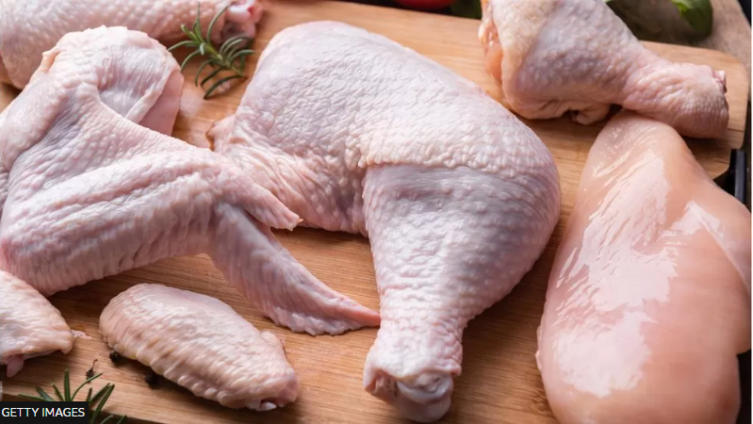

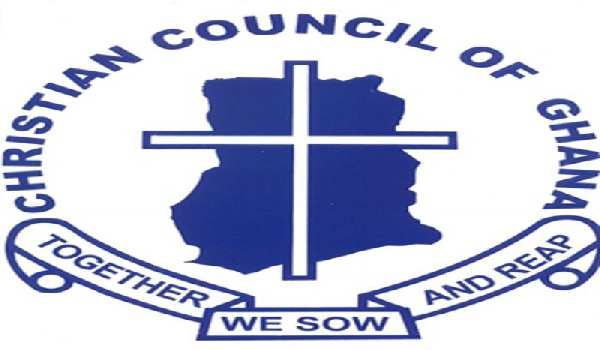




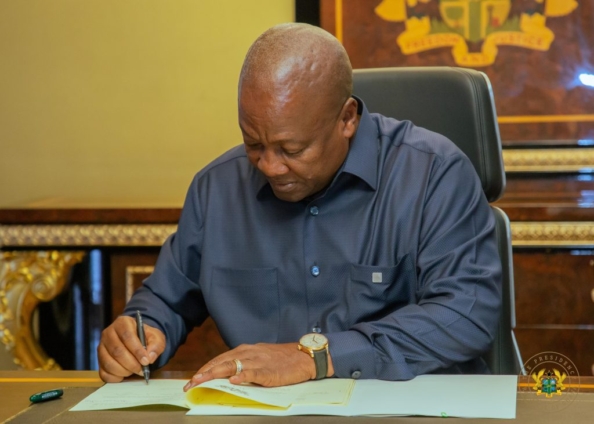






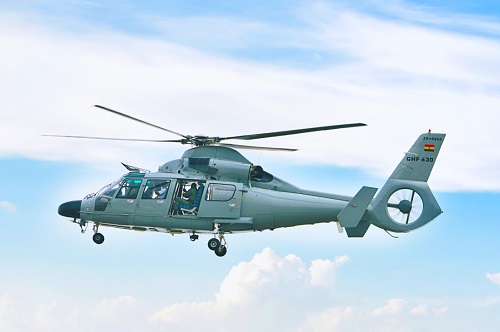
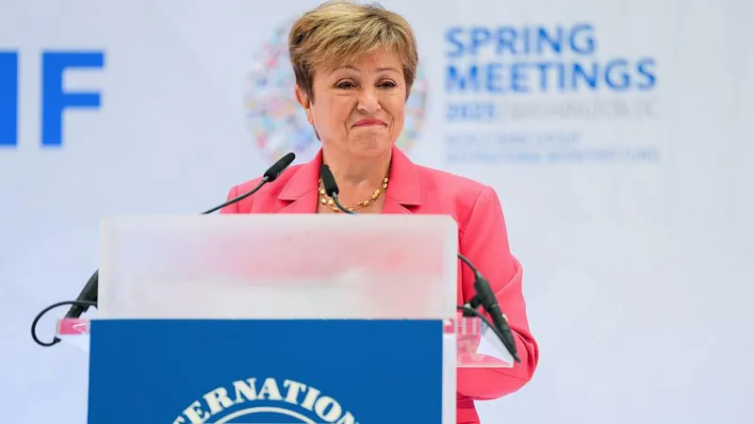

0 Comments